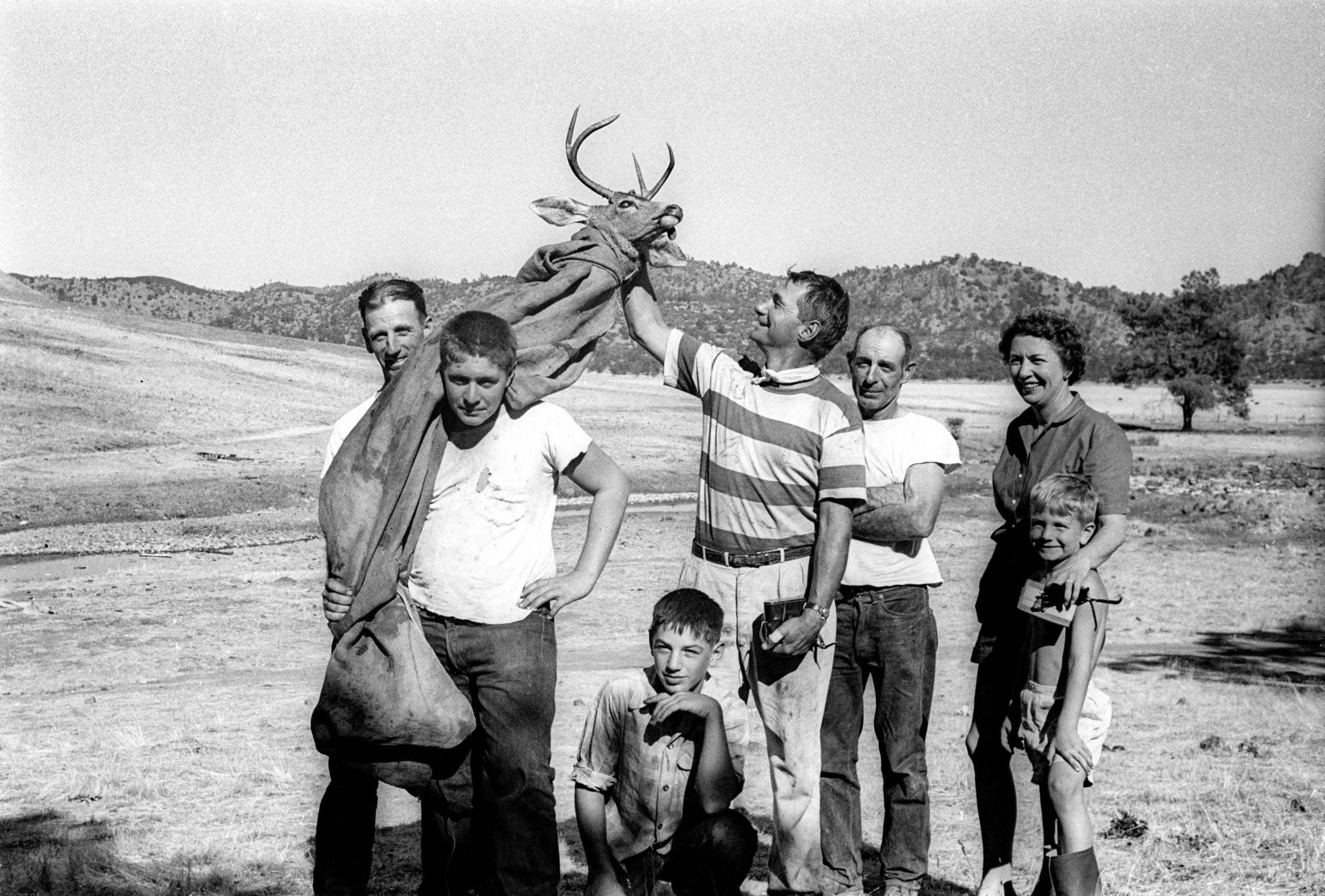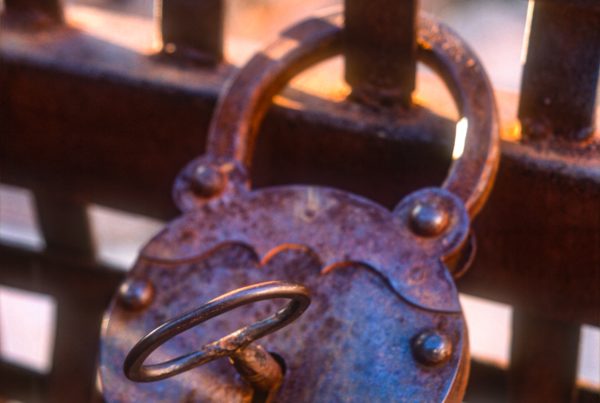The Revelation
The story is beautiful as it is real. Joseph, the ever composed statesman, loses composure and commands his staff to leave him alone with a group of dirty Hebrews. The brothers likely thought they were in big trouble. The emphasis “no one stayed with him” shows how unusual it was for a man of Joseph’s power to be alone with a bunch of questionables.
First, he wept so loudly everyone heard it. He’s been holding back twenty years of pain and grief, and even for Joseph, God’s plan is still unfolding….or…twenty years of pain and grief came rushing out
Second, he finally said it, “I am Joseph.” They know him as Zaphenath-paneah, the name Pharoah gave him, but now with no staff around, he speaks in perfect Hebrew directly to them.
Third, he shares his life greatest concern, “Is my father still alive?”
If the text had said the brothers soiled their undergarments, I’d believe it. They are incapable of speaking, their sin is now exposed and forgiven, but shame will take longer to remove.
Fourth, he invites them to come close. They wanted no part of his life, attempted murder, then him sold as an animal, but now the offended one comes not only as Savior but lover, family, and friend. As a type of Christ, it fits perfectly.
Fifth, he tells them the truth but was gracious, “I am your brother whom you sold into Egypt.” No mention of murder nor slavery.
Sixth, he tells them about God’s plan. Joseph was born with a deep curiosity and pursuit of God’s plan. Like many, he never conceived of the amount of pain required in order for him to find it. God raised him up to save life, and to bring the world through a massive ecological disaster, and he listened to God and did it. “So it was not you who sent me here but God” is another illustration of sound theology and biblical psychology. God urges his brothers to act quickly, the famine still has five more years, and they have come to him at just the right time.
Seventh, he falls into Benjamin’s neck and weeps, and Benjamin did the same.
Pharoah
The king is no fool, he admires Joseph and loves the wisdom and prosperity the former Hebrew slave has brought to his kingdom. He is thinking “are their more superstars like Joseph in his family?” and at a minimum is glad to keep Joseph happy.
Earlier Joseph mentioned the land of Goshen, a region just east of the delta, rich with great soil but not overly populated. My understanding about Goshen is that Joseph always had his eye on that land, and was hoping to keep it for himself. It was perfect land for the money-making farmer, something he was great at. Unlike modern folks, ancient people were scared of living too close to the oceans due to fear. Goshen had a rich and diverse ecosystem not far from the Suez Canal.
Pharoah is sweet and kind, he commands Joseph to take the bests from Egypt and bring the rest of his family to Egypt. Pharoah commands them to leave everything behind because nothing they have is as good as what they are about to get. The text mentions he gave them a change of clothes, mainly because they had none. Enough supplies are sent to pick up Jacob and all the rest so as to avoid starvation and discomfort.
Jacob
Much is left unsaid in the text about how the brothers told their father about Joseph, certainly what mattered most was mentioning the truth, Joseph is alive and became a powerful man. As an old man, the facts were likely painful but the joy was overwhelming.
Much like a proud patriarch, “It is enough, Joseph my son is alive. I will go see him before I die,” is a blunt and classic phrase for a desert farmer, who is happy to see his boy.





